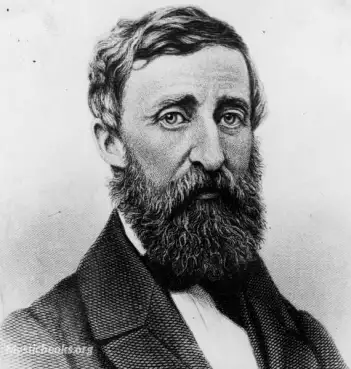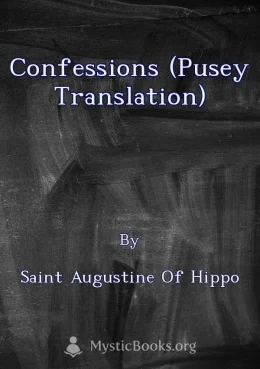
Walden
'Walden' Summary
I went to the woods because I wished to live deliberately, to front only the essential facts of life, and see if I could not learn what it had to teach, and not, when I came to die, discover that I had not lived. I did not wish to live what was not life, living is so dear; nor did I wish to practice resignation, unless it was quite necessary. I wanted to live deep and suck out all the marrow of life, to live so sturdily and Spartan-like as to put to rout all that was not life, to cut a broad swath and shave close, to drive life into a corner, and reduce it to its lowest terms, and, if it proved to be mean, why then to get the whole and genuine meanness of it, and publish its meanness to the world; or if it were sublime, to know it by experience, and be able to give a true account of it in my next excursion.
— Henry David Thoreau
Book Details
Authors

Henry David Thoreau
United States
Thoreau's careful observations and devastating conclusions have rippled into time, becoming stronger as the weaknesses Thoreau noted have become more pronounced. Events that seem to be completely unre...
Books by Henry David ThoreauDownload eBooks
Listen/Download Audiobook
Related books

Confessions (Pusey translation) by Saint Augustine of Hippo
The Confessions outlines Augustine's sinful youth and his conversion to Christianity. It is widely seen as the first Western autobiography ever writte...

The Autobiography of Benvenuto Cellini by Benvenuto Cellini
The autobiography is a classic, and commonly regarded as one of the most colourful; it is certainly the most important autobiography from the Renaissa...

A Lady's Life on a Farm in Manitoba by Mrs. Cecil Hall
A Lady's Life on a Farm in Manitoba by Mrs. Cecil Hall was published in 1884. The book consists of a series of letters written by the author to her fa...

Interesting Narrative of the Life of Olaudah Equiano by Olaudah Equiano
The Interesting Narrative of the Life of Olaudah Equiano, written in 1789, is the autobiography of Olaudah Equiano. It discusses his time spent in sla...

Memoirs of the Author of A Vindication of the Rights of Woman by William Godwin
What was the woman who wrote the first feminist manifesto really like? In his Memoirs of the Author of A Vindication of the Rights of Woman, William...

Memoirs of the Court of Queen Elizabeth, Volumes I & II by Lucy Aikin
Memoirs of Queen Elizabeth from a variety of sources within the monarch's court, compiled and interpreted by Lucy Aikin.

Recollections of Old Liverpool by a Nonagenarian by James Stonehouse
This book offers a unique glimpse into the life and times of a 93-year-old Liverpudlian, providing a rich and vivid account of late 19th and early 20t...

Recollections of Bush Life in Australia by Henry William Haygarth
Henry Haygarth's Recollections of Bush Life in Australia is a detailed firsthand account of life in the Australian outback during the 19th century. Ha...

My Confession by Leo Tolstoy
Leo Tolstoy's *My Confession* is a deeply personal and introspective account of his midlife crisis. Tolstoy, renowned for his literary achievements an...

The Exploits and Triumphs, in Europe, of Paul Morphy, the Chess Champion by Fredrick Edge
Paul Morphy, born in New Orleans in 1837, was considered the greatest chess player of his era. He was a child prodigy who learned playing chess simply...
Reviews for Walden
No reviews posted or approved, yet...